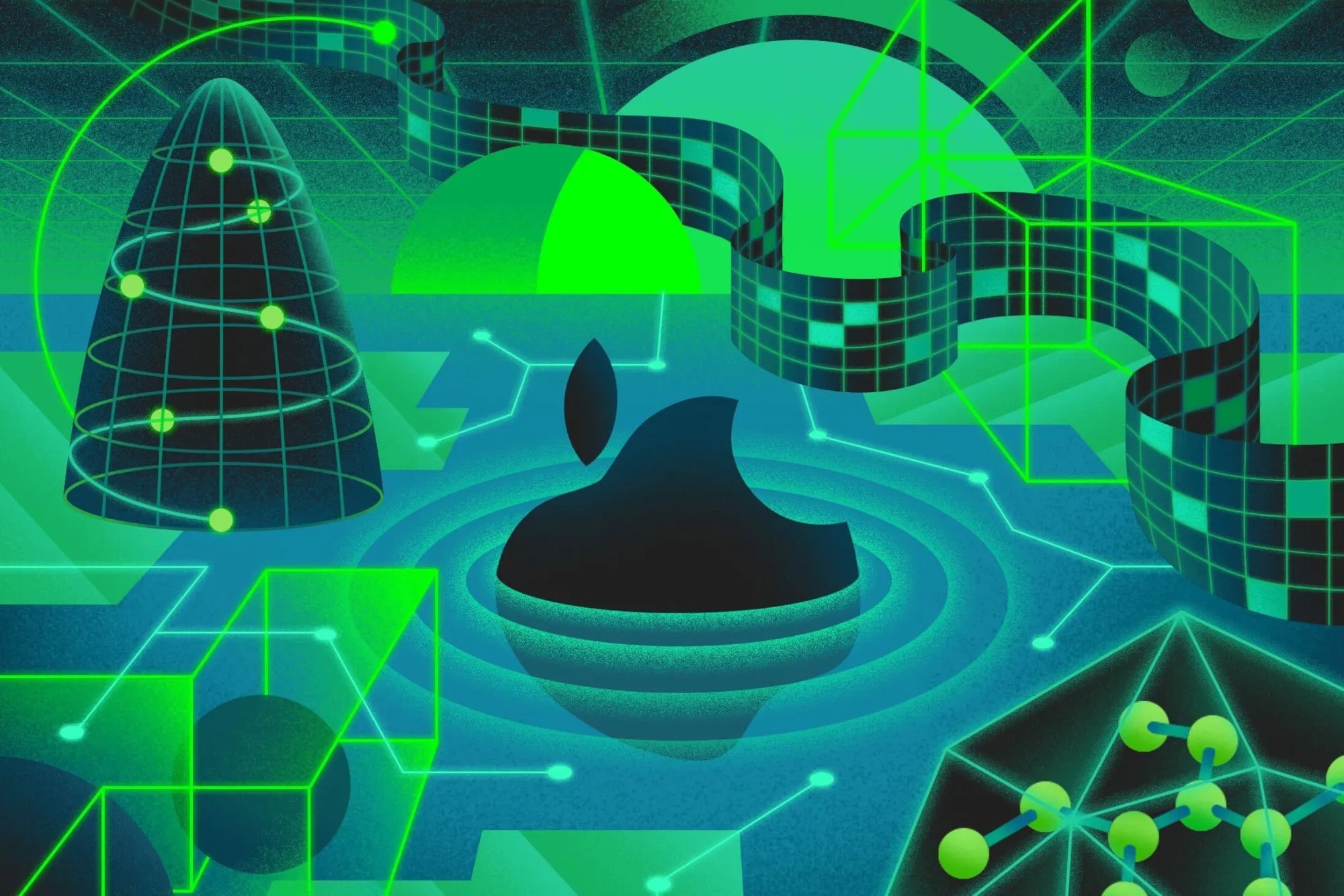
Artificial intelligence is becoming a strategic race for global technology corporations. From search engines, virtual assistants to hardware devices such as virtual reality glasses, AI is considered the key to opening a new era of computing, where users interact with natural language instead of tapping or typing on a keyboard.
While Google, Microsoft, OpenAI, and Meta are constantly making breakthroughs in AI, Apple is standing still. Siri is increasingly outdated, AI features are delayed, and the company is internally confused about its development strategy. This silent crisis could seriously threaten Apple's position in the coming years.
Siri lags behind, Apple is stuck
Apple was a pioneer in the field of virtual assistants when it launched Siri in 2011. At that time, Siri was considered a revolutionary tool, allowing users to interact with their phones using their voices, something that few technology companies could do. However, after more than a decade, Siri has not only not progressed further but has also fallen behind competitors such as Google Assistant or Amazon Alexa.
In 2018, to change the situation, Apple recruited John Giannandrea, former head of AI at Google, with the hope of helping Siri regain its position. Giannandrea was given control over all activities related to artificial intelligence and had to report directly to CEO Tim Cook. Apple's senior leaders had hoped that this would be a turning point for Apple to become a leader in AI, as the company had done with the iPhone and MacBook before.
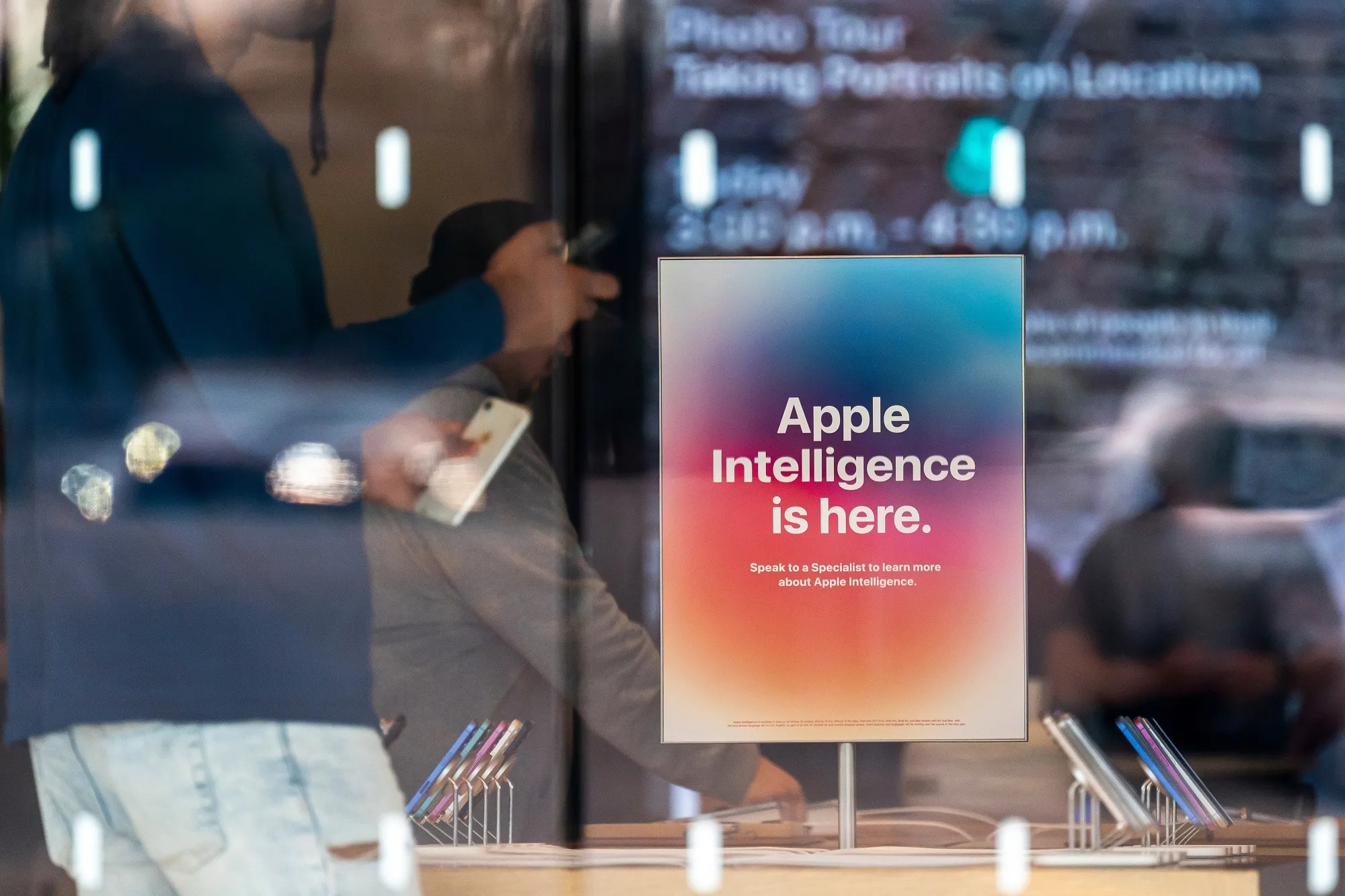 |
While Siri is outdated, Apple Intelligence continues to be delayed. Photo: Bloomberg . |
However, after 7 years, the results have not been as expected. Siri still cannot handle complex queries, has poor conversational skills, and often gives incorrect answers. Meanwhile, tools like ChatGPT or Google Gemini have completely changed the way users expect a modern virtual assistant.
The iPhone maker touted Apple Intelligence at WWDC 2024 as a major step forward in its AI strategy. However, these features have been delayed and may not even be available until mid-2025. The discrepancy between the hype and the actual product has led to skepticism from users, leading to multiple class-action lawsuits for false advertising.
Siri's stagnation is not simply a technical issue, but a clear reflection of Apple's conservative approach to AI, which requires speed, openness, and the ability to accept failure to move forward.
Inconsistent strategy
Bloomberg sources say Apple is divided internally over the importance and direction of AI. While CEO Tim Cook sees it as a “long-term priority,” other senior executives, such as Vice President Craig Federighi, are reluctant to invest heavily in the field. Federighi appears to be sticking to the traditional approach to software development, which prioritizes slowness, tight control, and stability.
Giannandrea, Apple’s AI manager, has repeatedly proposed major changes to Siri’s development strategy but has not received the necessary support. Despite his experience, he has been judged not to be “aggressive” enough to call for the necessary budget and resources. The AI engineering teams he leads describe the work as “a sinking ship with no one swimming to save it.”
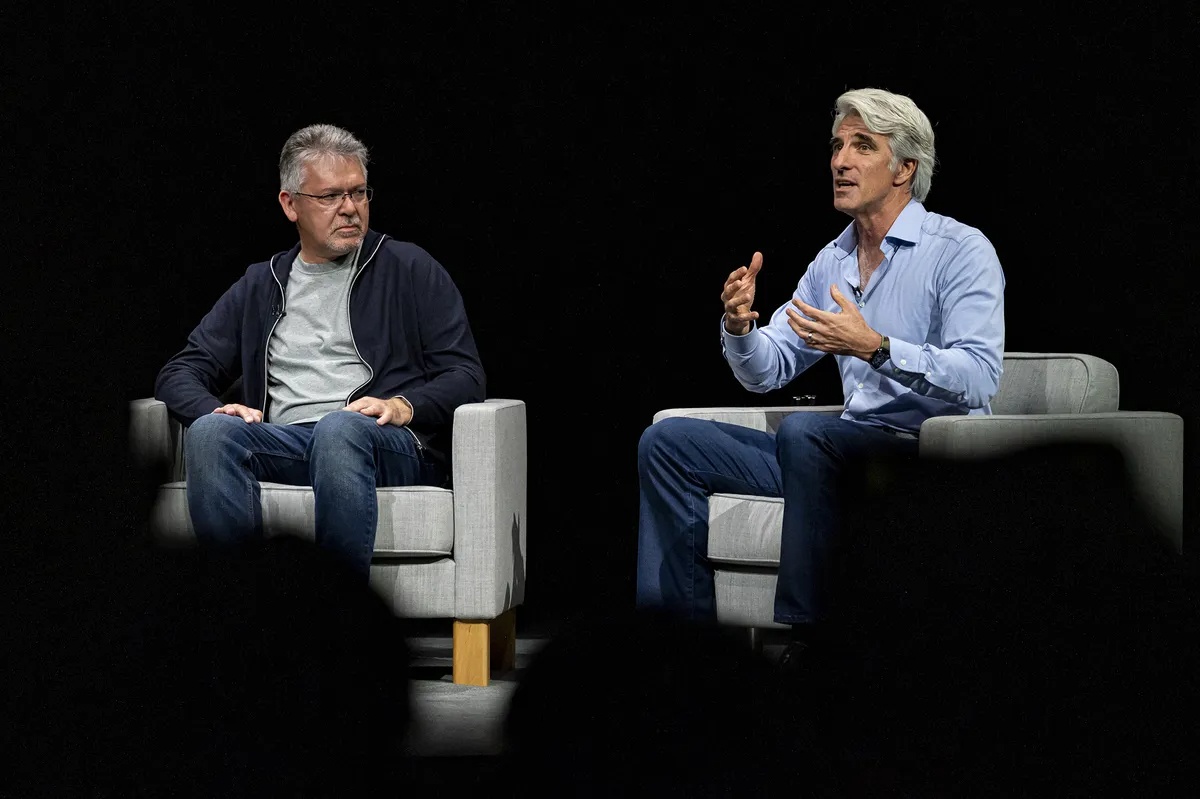 |
Giannandrea (left) and Federighi (right) at Apple's Worldwide Developers Conference in June 2024. Photo: Bloomberg . |
The problem is compounded by the fact that Apple has invested less in AI infrastructure than its competitors. While Google, Microsoft, and Amazon have been “hoarding” GPUs for AI training, Apple has maintained a “wait for the market to stabilize before acting” strategy. This makes it impossible for Apple to train new-generation AI models quickly and well enough.
Even when Apple began working with outside companies like OpenAI and Google to integrate chatbots into Siri, the rollout was delayed by months. Many features still didn’t work properly, leading to a wave of criticism from users and experts.
The failure with Siri also reflects the fact that Apple, which has long succeeded by controlling everything from hardware to software, has had difficulty entering the field of AI.
New direction
Under pressure from the market and a series of disappointments, Apple is looking to restructure its AI strategy. Siri has now been assigned to Mike Rockwell, the man behind the success of the Vision Pro virtual reality glasses. Rockwell is leading the "LLM Siri" project, a completely new version of the virtual assistant based on a large language model, to replace the current system, which is considered outdated.
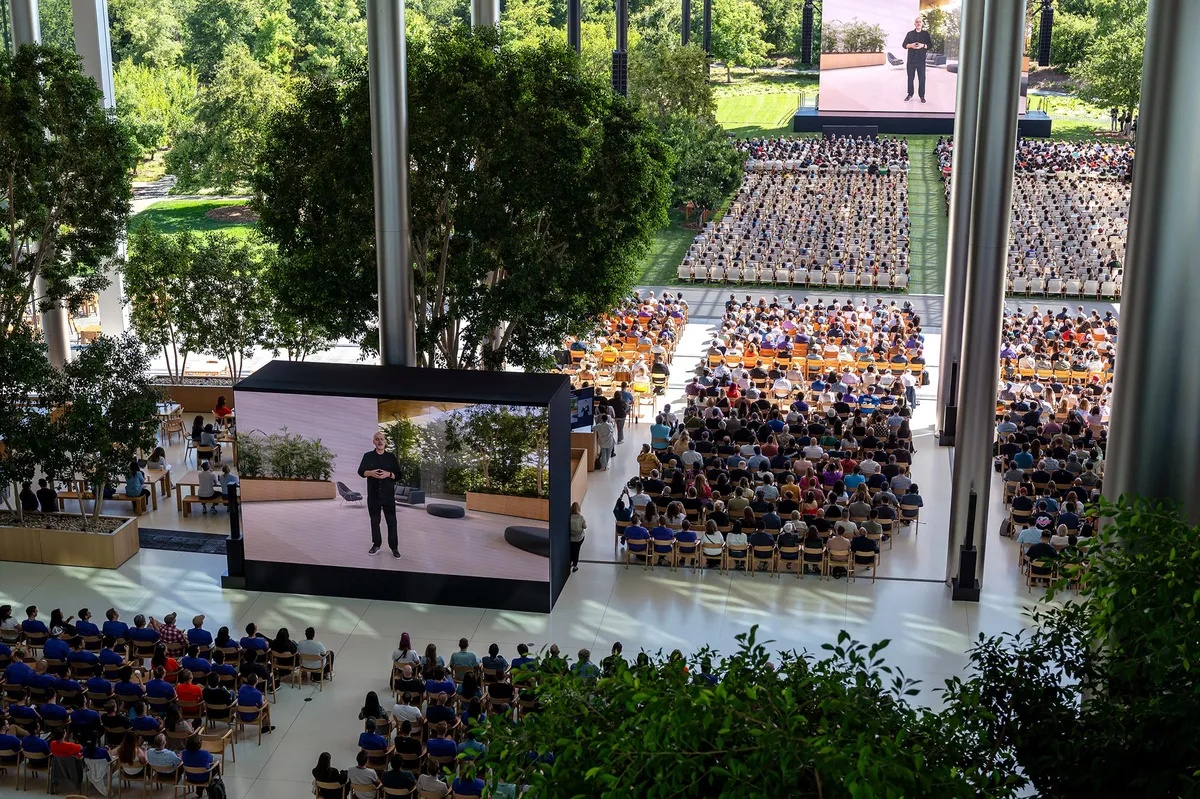 |
Apple is looking to partner with other AI companies to develop the ecosystem. Photo: Bloomberg . |
In parallel, Apple has expanded its collaboration with outside companies such as OpenAI, Google, and Perplexity to bring generative AI to the iOS ecosystem. This is a rare departure from Apple's "do everything yourself" philosophy of the past two decades. Some features such as image generation, text summarization, and content rewriting now use technology from ChatGPT instead of being developed internally.
Still, many within Apple are concerned about relying on outside partners. They say Apple needs to build its own chatbot to protect control of its products and user data. The company is also testing the ability for Siri to tap into open web data.
Another factor that’s forcing Apple to step up its AI game is the risk of losing traditional revenue streams. If Siri isn’t smart enough to replace its search engine, Apple could lose the $20 billion a year it makes from its deal to make Google the default search engine in Safari.
At the upcoming WWDC 2025, Apple may not announce many new features about Siri, but focus on improving the AI functions that have been launched. This is considered a strategic move to refresh Apple's AI strategy and regain the trust of users.
Source: https://znews.vn/apple-van-be-tac-voi-ai-post1554132.html



![[Photo] President Luong Cuong presents the 40-year Party membership badge to Chief of the Office of the President Le Khanh Hai](https://vphoto.vietnam.vn/thumb/1200x675/vietnam/resource/IMAGE/2025/5/19/a22bc55dd7bf4a2ab7e3958d32282c15)
![[Photo] General Secretary To Lam attends the conference to review 10 years of implementing Directive No. 05 of the Politburo and evaluate the results of implementing Regulation No. 09 of the Central Public Security Party Committee.](https://vphoto.vietnam.vn/thumb/1200x675/vietnam/resource/IMAGE/2025/5/19/2f44458c655a4403acd7929dbbfa5039)


![[Photo] Prime Minister Pham Minh Chinh inspects the progress of the National Exhibition and Fair Center project](https://vphoto.vietnam.vn/thumb/1200x675/vietnam/resource/IMAGE/2025/5/19/35189ac8807140d897ad2b7d2583fbae)



























































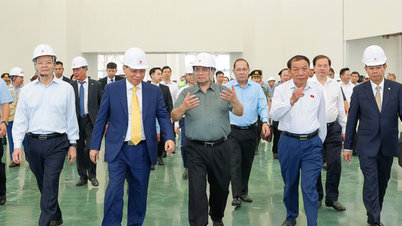















![[VIDEO] - Enhancing the value of Quang Nam OCOP products through trade connections](https://vphoto.vietnam.vn/thumb/402x226/vietnam/resource/IMAGE/2025/5/17/5be5b5fff1f14914986fad159097a677)





Comment (0)